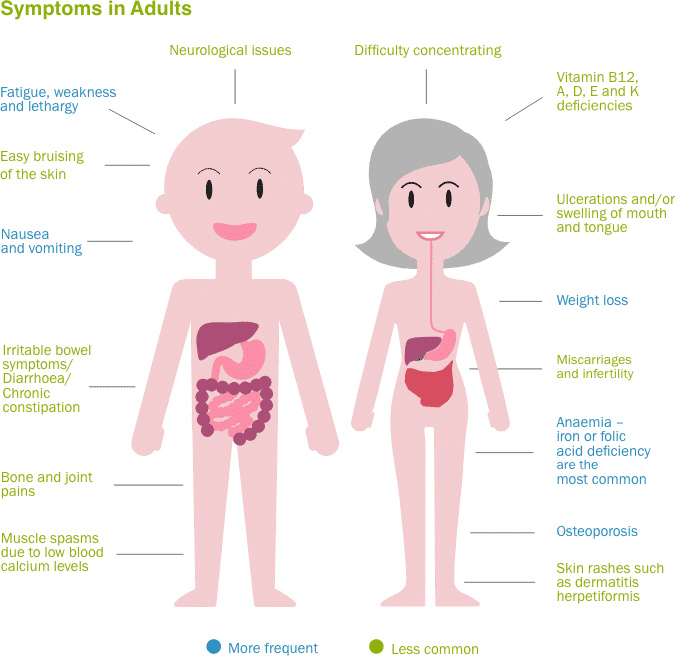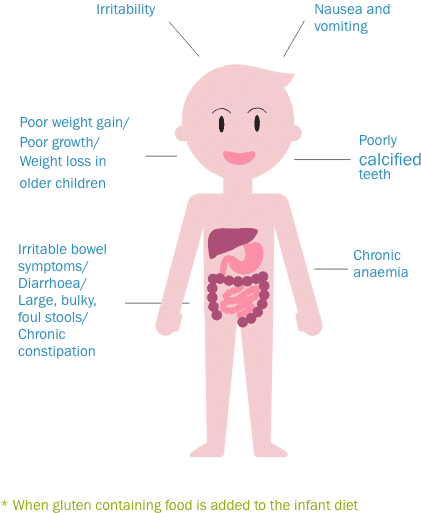Kia ora everyone, It is such a pleasure to introduce myself to the Coeliac New Zealand community. I’m stepping into the role of Health Promotion and Dietary Education Manager, and I couldn’t be more excited to start this journey with you all. I’m joining the team from a clinical diabetes background. I’ve spent my days […]









